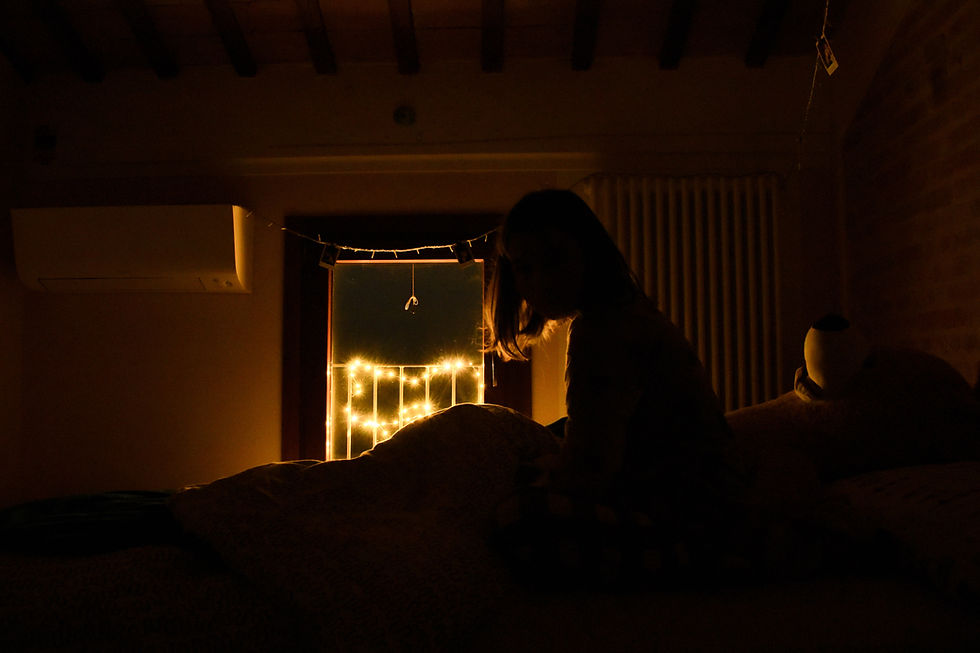Tips for Treating Insomnia
- Coastal Breeze Mental Health

- Feb 20, 2023
- 2 min read
Insomnia is a common sleep disorder that affects many people worldwide. While medication can be effective in treating insomnia, there are also many non-medication strategies that can help improve sleep quality. Here are some tips on how to help insomnia without the use of medication:
Establish a regular sleep routine: Try to go to bed and wake up at the same time every day, even on weekends. This can help regulate your body's internal clock and improve sleep quality.
Create a relaxing sleep environment: Make sure your sleep environment is quiet, dark, and cool. Consider using earplugs, blackout curtains, or a fan to create a comfortable sleep environment.
Avoid stimulating activities before bedtime: Avoid using electronic devices, such as smartphones, tablets, or computers, before bedtime. These devices emit blue light, which can interfere with your body's natural sleep cycle. Instead, try reading a book or taking a warm bath before bed.
Limit caffeine and alcohol intake: Caffeine and alcohol can interfere with sleep quality. Try to limit caffeine intake to the morning and early afternoon and avoid alcohol before bedtime.
Engage in relaxation techniques: Relaxation techniques, such as deep breathing, meditation, or progressive muscle relaxation, can help reduce stress and improve sleep quality. Try practicing these techniques before bedtime.
Get regular exercise: Regular exercise can help improve sleep quality by reducing stress and anxiety. Aim for at least 30 minutes of moderate-intensity exercise, such as walking, biking, or swimming, most days of the week.
Manage stress: Stress can interfere with sleep quality. Consider practicing stress-management techniques, such as yoga, tai chi, or mindfulness meditation, to help reduce stress and improve sleep quality.
By incorporating these non-medication strategies into your daily routine, you can help improve your sleep quality and manage insomnia without the use of medication. Remember to prioritize self-care and seek support when needed. If you continue to struggle with insomnia, consider seeking professional support from a healthcare provider. They can help develop a personalized treatment plan that may include therapy, medication, or a combination of both.



